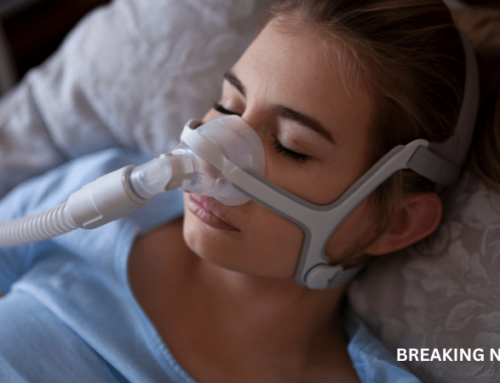April 11, 2024 | Tampa, FL | Sleep Apnea and Other Systemic Diseases
Research Advances: The link between Sleep Apnea and other systemic diseases
An increasing number of studies have explored the interconnectedness of our bodies function and its relationship to systemic diseases. Recent studies have explored the connections between mouth breathing, a primary symptom of sleep apnea, and conditions such as cardiovascular issues, respiratory challenges, and even the impact on cognitive well-being. It has become increasingly evident that the respiratory pathway, or how you breathe, plays a crucial role in not just your oral health, but other aspects of your well-being.
How is this related to sleep apnea?
Mouth breathing is a primary symptom of sleep apnea. Sleep apnea, a condition characterized by interrupted breathing during sleep, was once primarily associated with fatigue and snoring. However, emerging research continues to unveil its profound implications for overall health.
While sleep apnea’s immediate consequences include poor sleep quality and daytime drowsiness, researchers have uncovered its far-reaching effects on systemic health. Here’s a glimpse into some of the significant findings:
Cardiovascular Health: Perhaps the most extensively studied connection is between sleep apnea and cardiovascular diseases. Individuals with untreated sleep apnea face a heightened risk of hypertension, coronary artery disease, stroke, and irregular heart rhythms. The recurring oxygen deprivation and stress responses during sleep wreak havoc on the cardiovascular system over time.
Metabolic Disorders: Sleep apnea has been implicated in the development and exacerbation of metabolic conditions such as obesity and type 2 diabetes. The disrupted sleep patterns associated with the condition can disturb hormonal regulation, leading to insulin resistance and weight gain.
Neurological Function: Research suggests that sleep apnea may contribute to cognitive decline and neurological disorders. The intermittent hypoxia experienced during apnea episodes can impair brain function and increase the risk of conditions like Alzheimer’s disease.
Mental Health: Beyond its physical ramifications, sleep apnea is also linked to mental health disorders such as depression and anxiety. The chronic sleep disruption and oxygen deprivation may disrupt neurotransmitter balance, contributing to mood disturbances.
The Importance of Diagnosis and Treatment
Given the intricate relationship between sleep apnea and systemic health, timely diagnosis and intervention are important. Unfortunately, sleep apnea often goes undiagnosed or untreated due to its subtle symptoms or misconceptions about its severity. However, advancements in diagnostic tools and treatment options offer hope. At-home sleep study tests have made it easier for people to be tested and a variety of treatment options are available to best suit your needs. Common treatment options for sleep apnea include CPAP, mouth taping, and oral appliance therapy – A device like a sports mouth guard that is custom made and works by repositioning the soft tissues that block your airway.
If you or a loved one suspect you may have sleep apnea, call our office for a sleep consultation. We offer oral appliance therapy to those with sleep apnea. Haven’t been tested? We have at-home sleep test kits available for your convenience.



